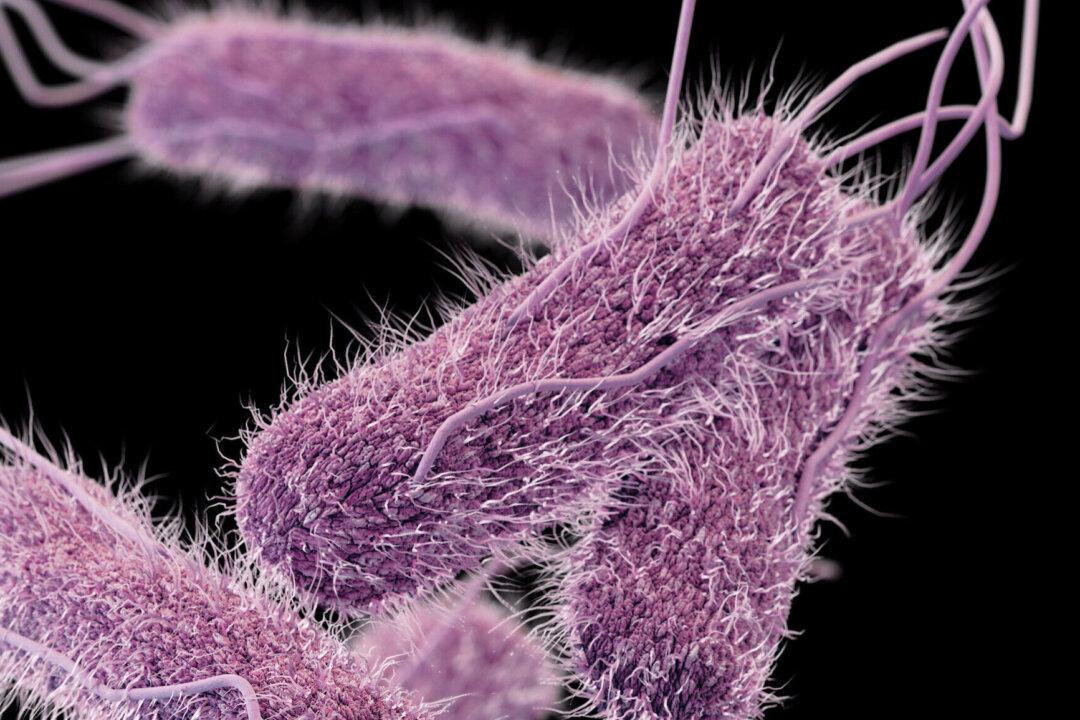A produce company said it is recalling cases of whole cantaloupe because there is a potential for them to be contaminated with the salmonella bacteria, according to an announcement posted on the U.S. Food and Drug Administration’s (FDA) website.
In the announcement on Sept. 6, Eagle Produce LLC confirmed the recall of 224 cases of fruit.





